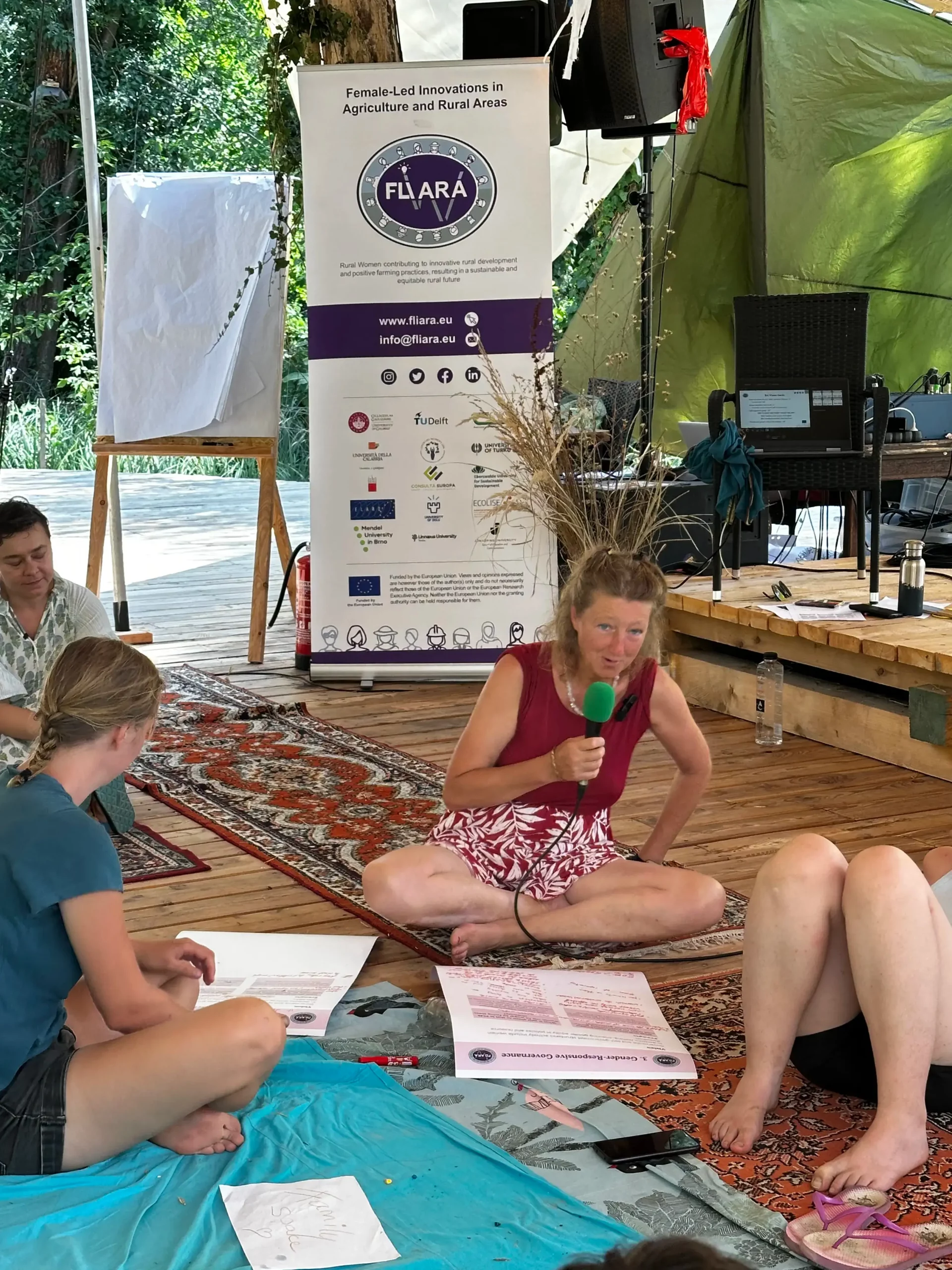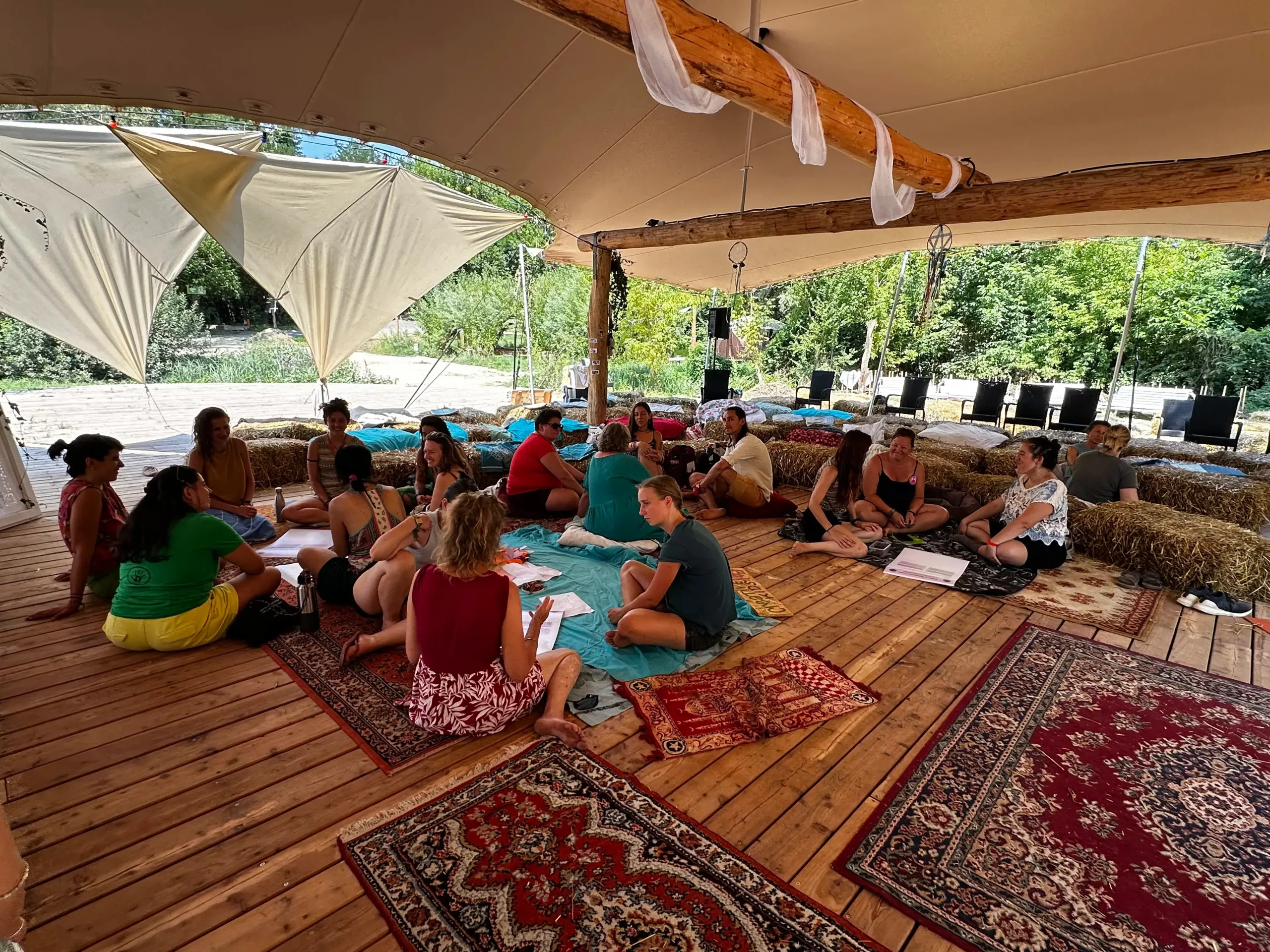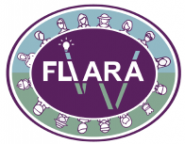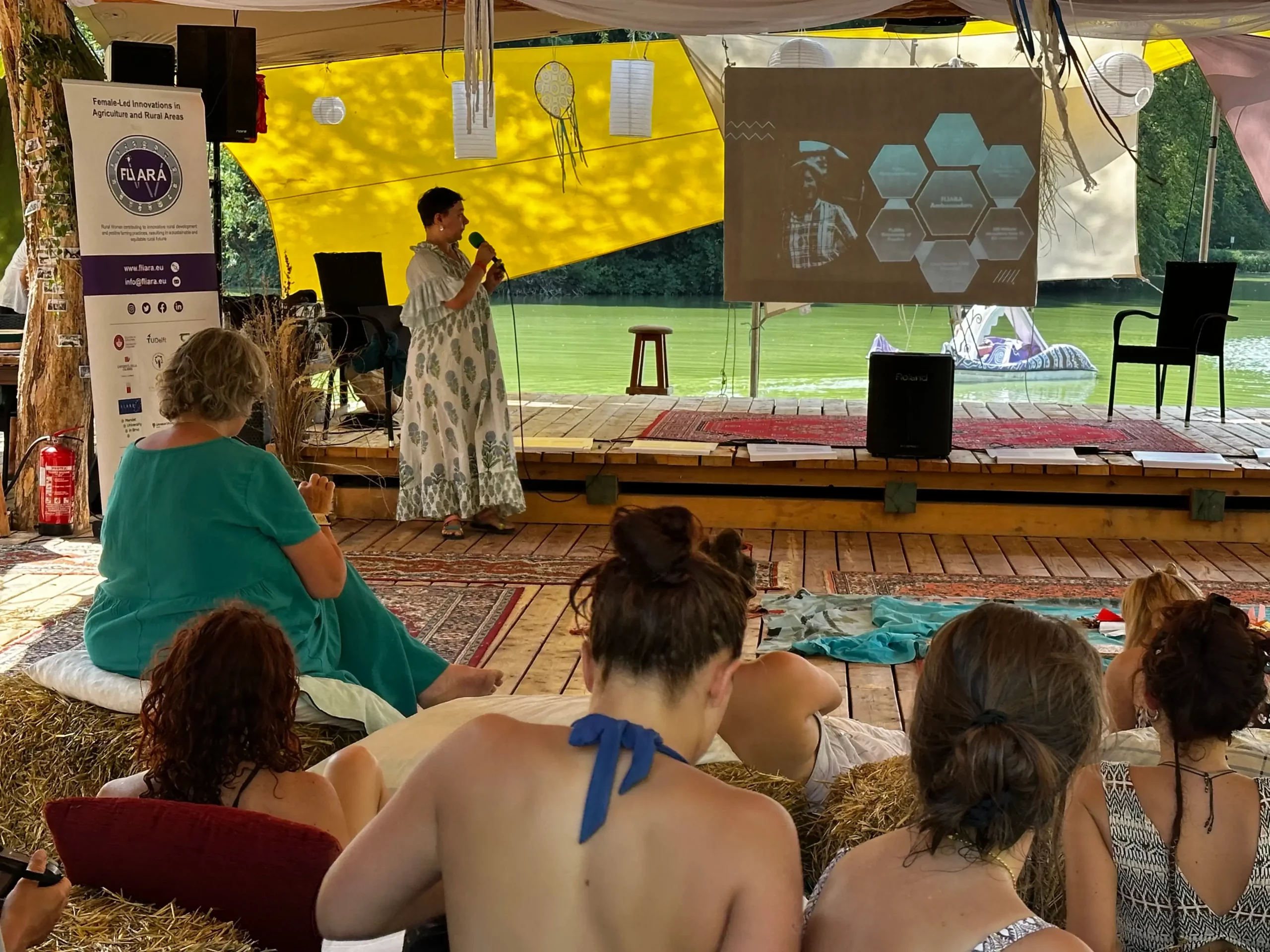A workshop at the 2025 European Ecovillage Gathering, hosted by the Global Ecovillage Network Europe, brought a focus on the essential role of women in shaping a sustainable future for rural communities. The event, held on August 15th of the gathering, provided a platform for participants to engage with critical issues surrounding gender equality and regenerative practices.
The interactive workshop, titled “Shaping inclusive rural futures: Women’s roles”, was co-facilitated by Anastasia Oprea of ECOLISE and Laura Incze of ELARD. Utilising the FLIARA Vision Cards, adapted to feature five women-centric themes and one wildcard, the session encouraged participants to envision what regenerative rural communities could look like in 2045.
The visions explored a range of topics, including women as leaders in intentional communities, inclusive innovation, gender-responsive governance, cultural connection and care, and sustainable livelihoods. Attendees were tasked with identifying both the hurdles and the opportunities on the path to gender equality and then draughting concrete action plans.


“Through this workshop, we wanted, first of all, to share the results of FLIARA with a wider and alternative audience, while also testing whether the project’s findings resonate with women in intentional and alternative communities,” said Anastasia Oprea, from ECOLISE. “It was inspiring to see the strong interest in the group discussions, where participants quickly connected across backgrounds and brought their own realities and personal experiences into a collective vision. Most importantly, together with participants, we concluded that these conversations about women’s roles in all types of communities must continue if we are to turn our shared visions of sustainable and inclusive rural futures into reality.”
The workshop drew around twenty active participants, including FLIARA Ambassador and ECOLISE Co-president Mieke Elzenga. Organisers noted that the reflections shared by individuals from intentional communities closely mirrored the findings of the FLIARA project in more traditional rural settings. This feedback highlighted a shared understanding that while awareness of these issues may exist, inequalities can persist in subtle ways, underscoring the need for dedicated spaces to discuss gender.
Hosted at Manas Garden, an 80-hectare permaculture site, the gathering served as a backdrop for the exchange of ideas and the creation of networks dedicated to building more inclusive and gender-responsive rural innovation throughout Europe.



